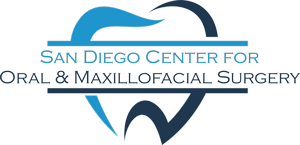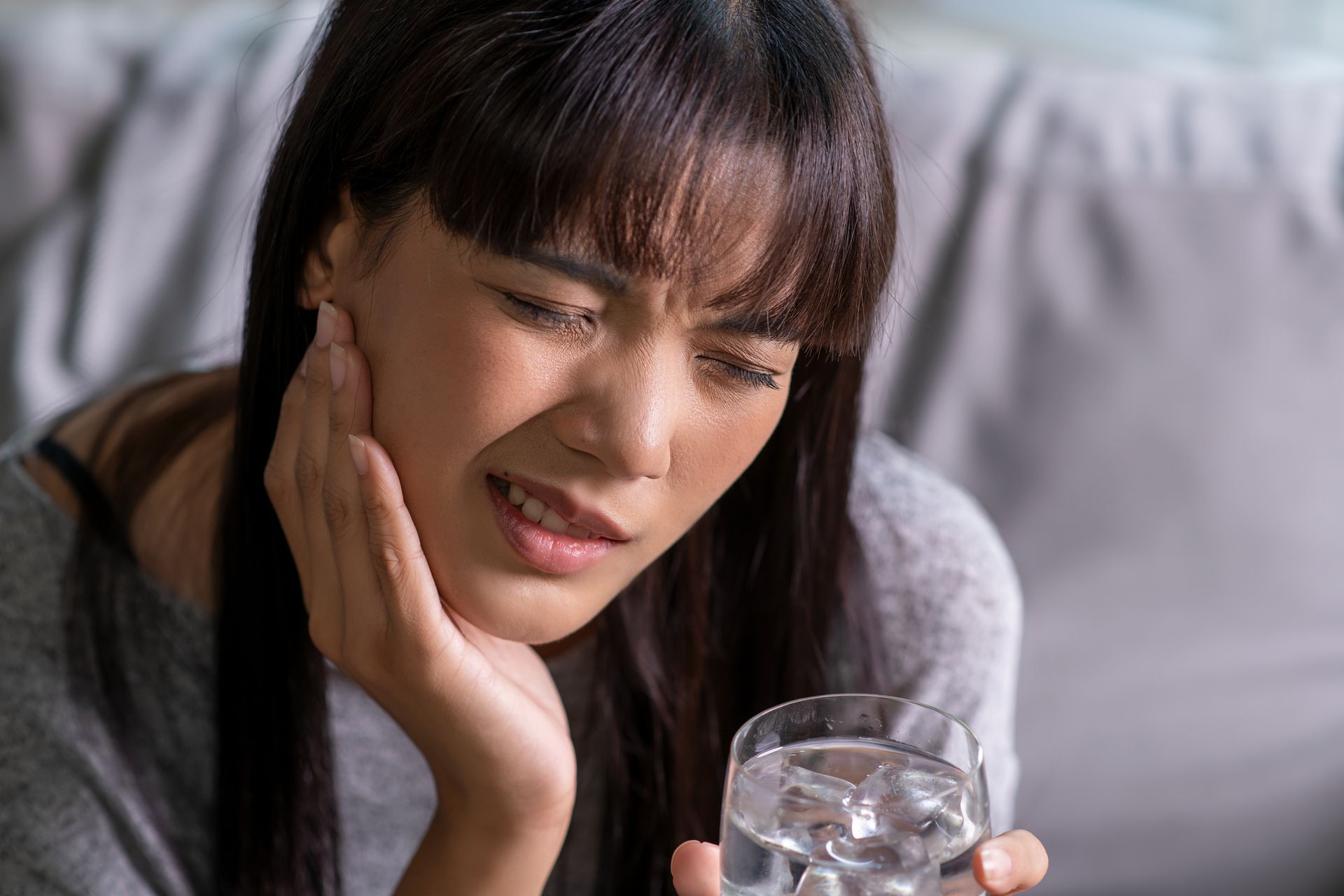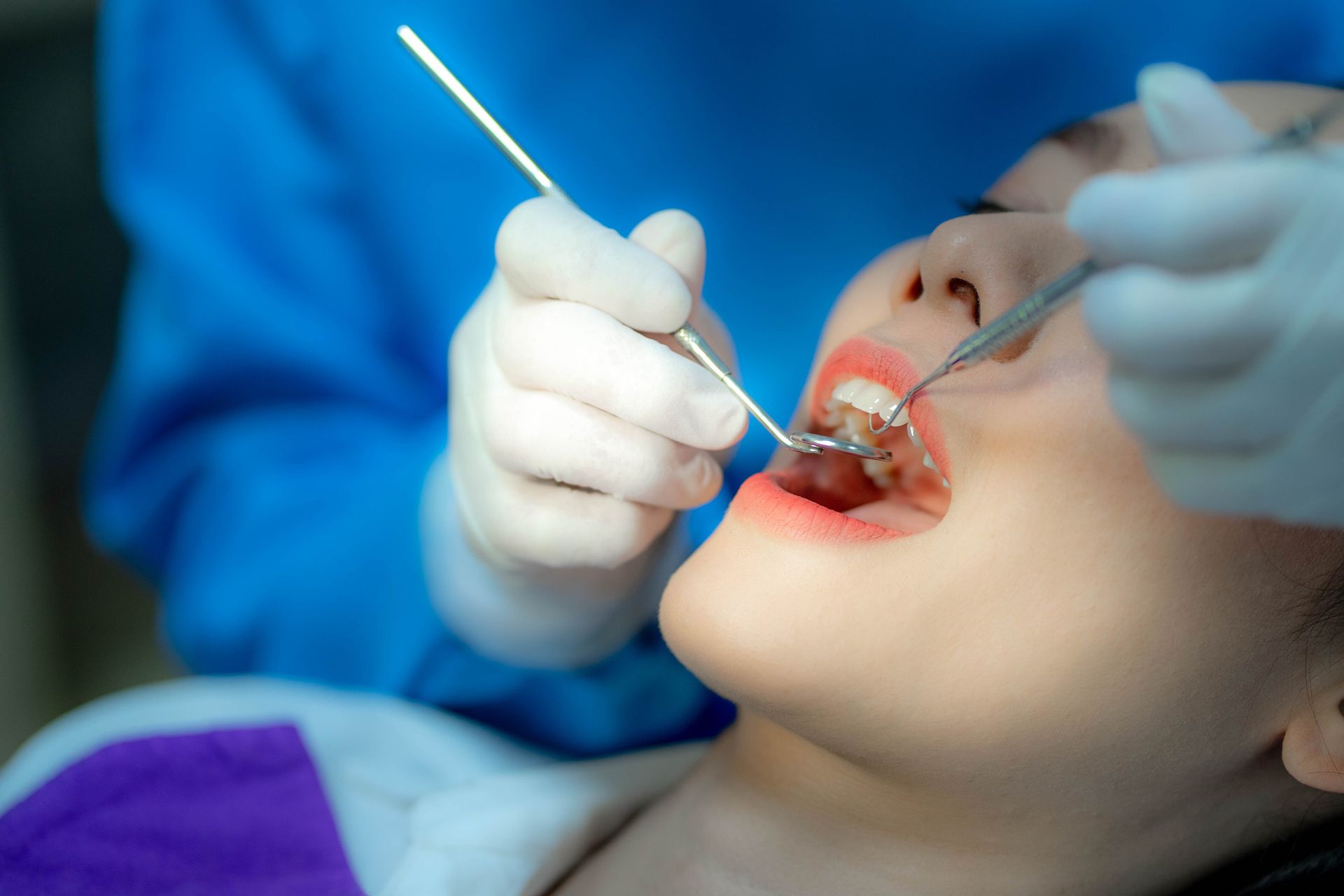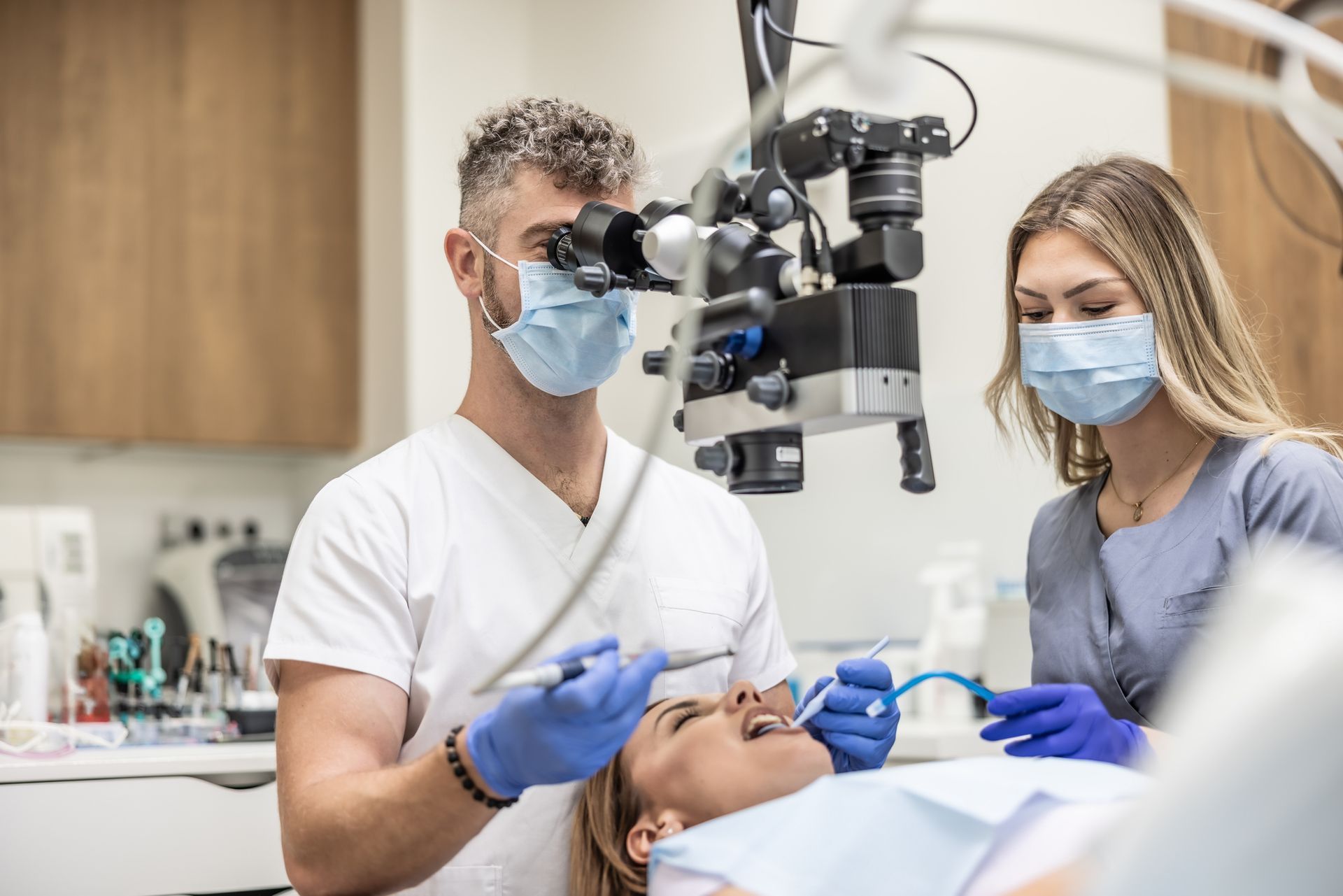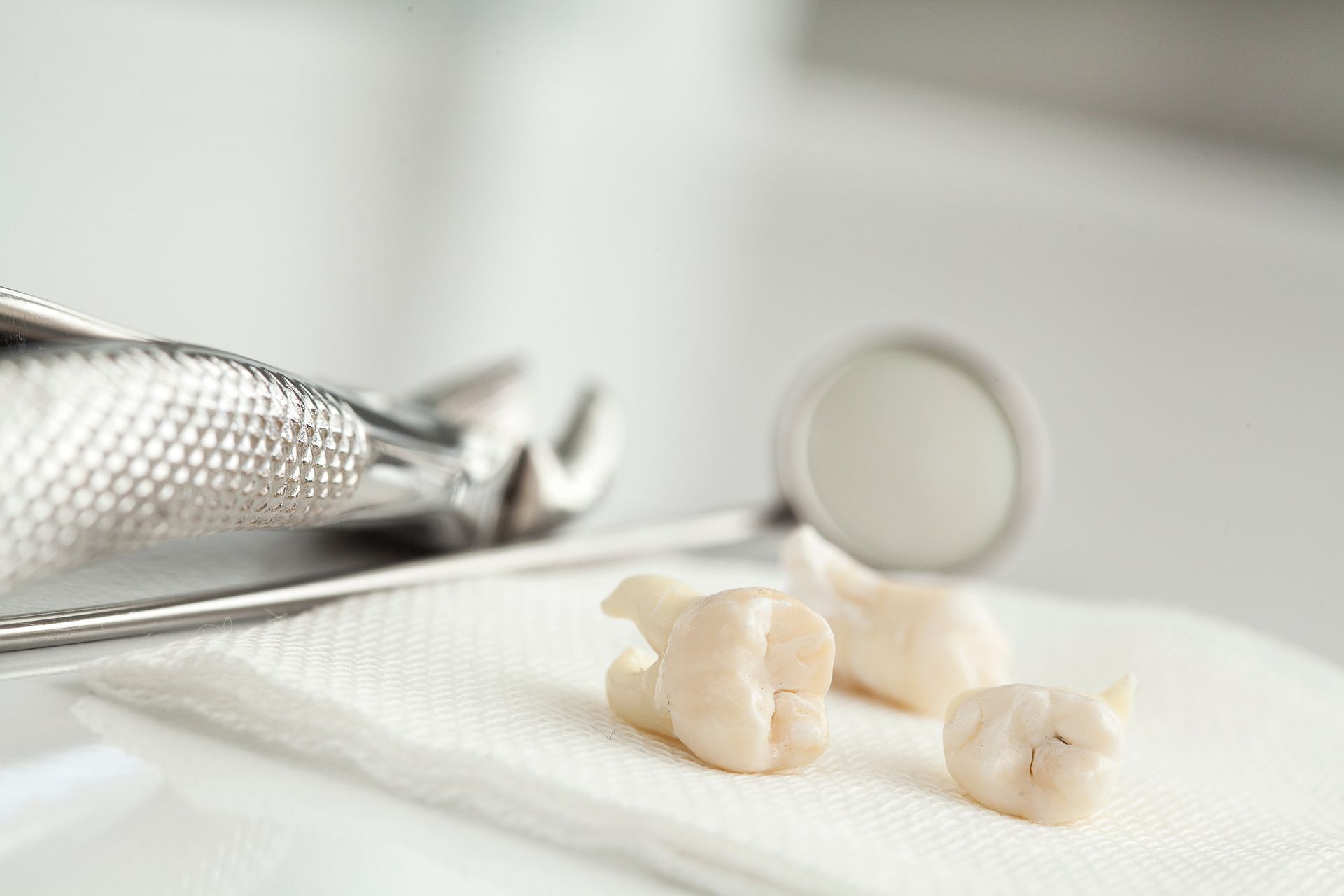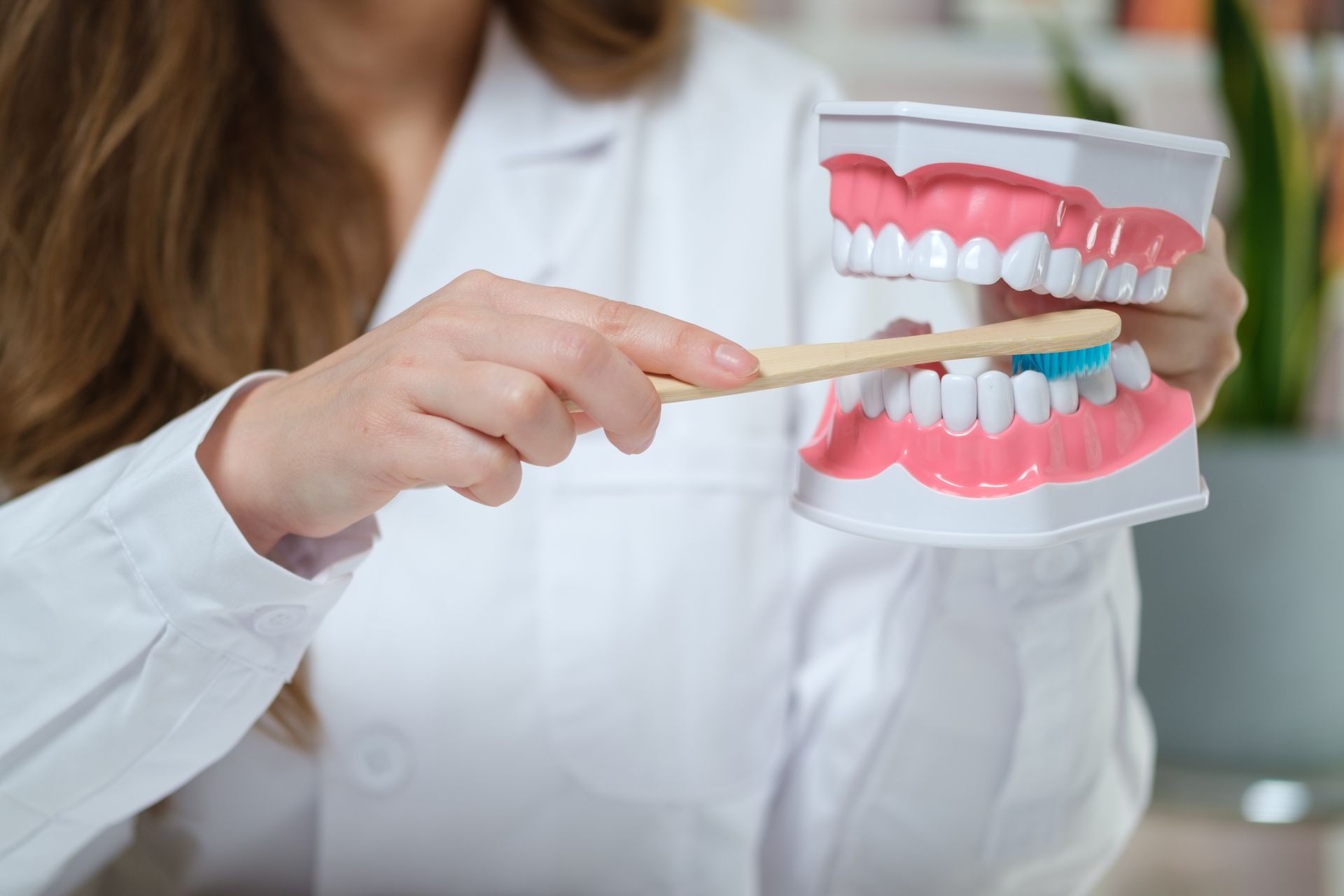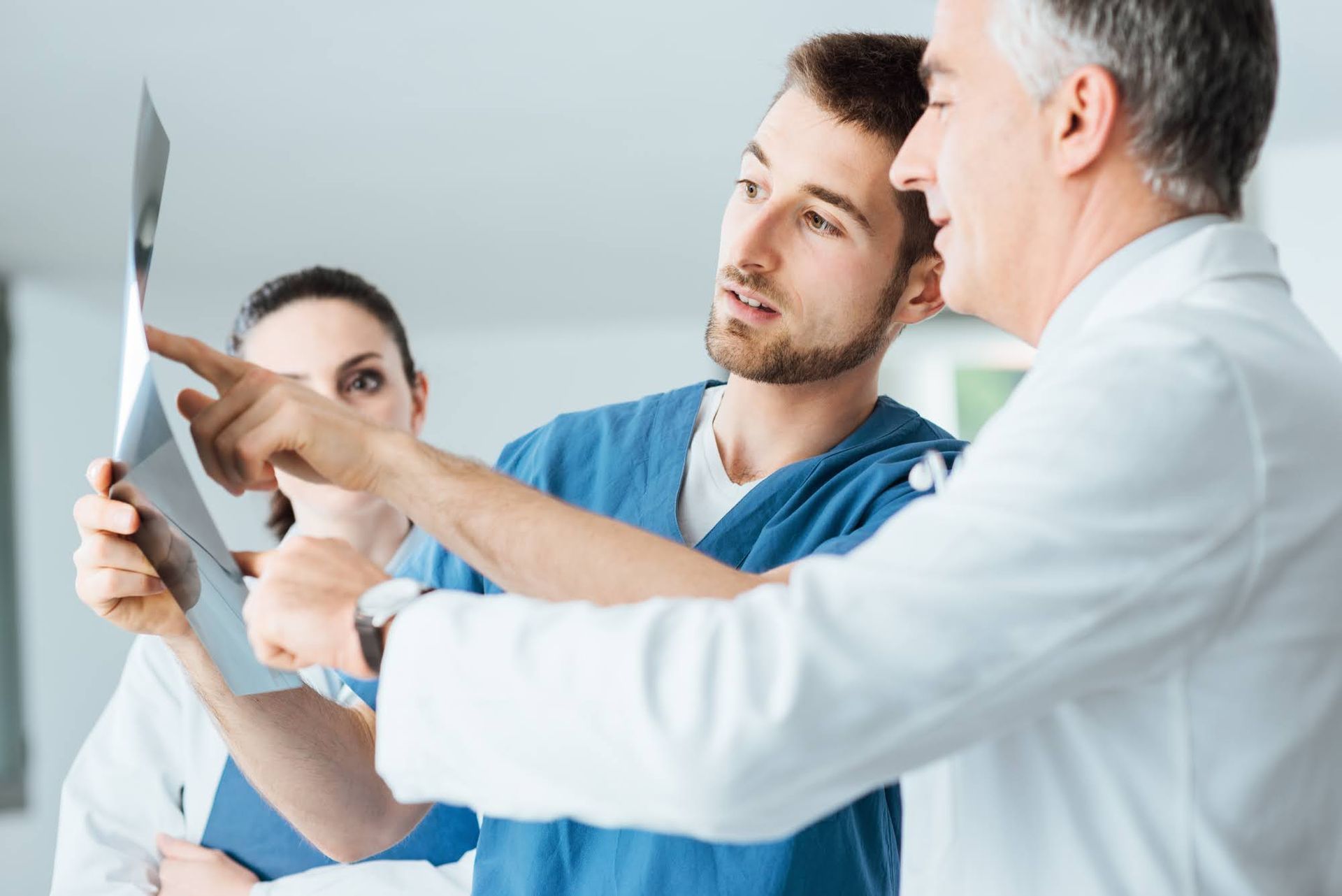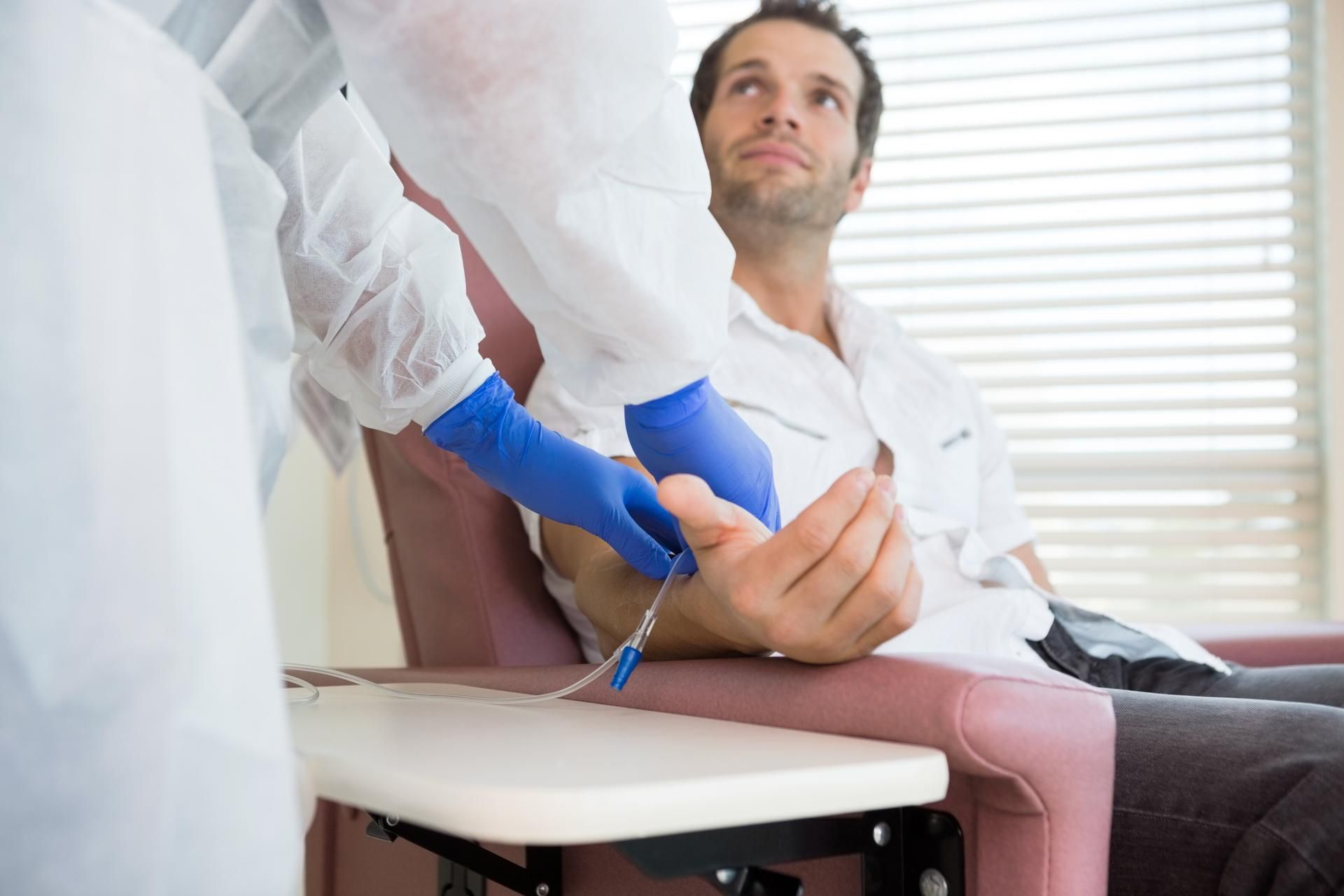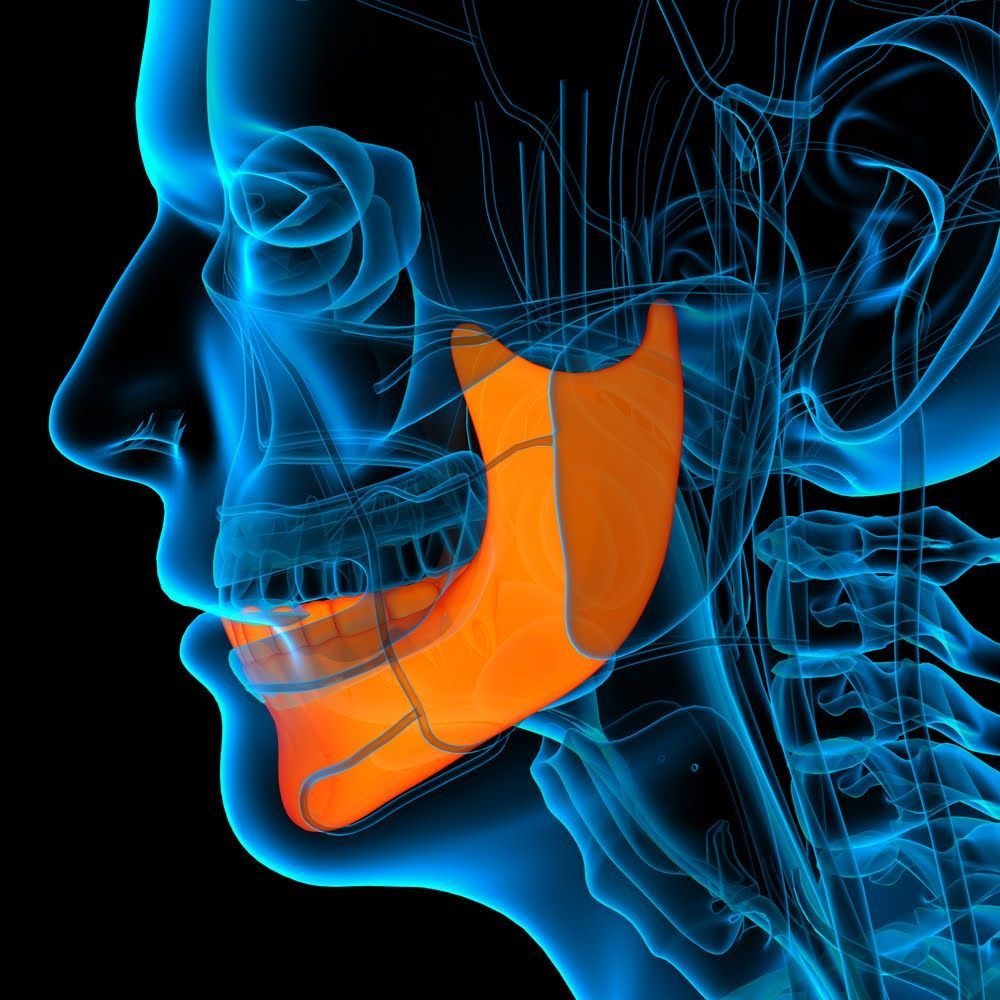Post-Operative Care Tips for Cleft Lip and Cleft Palate Surgery
websitebuilder • July 16, 2020
Post-Operative Care Tips for Cleft Lip and Cleft Palate Surgery
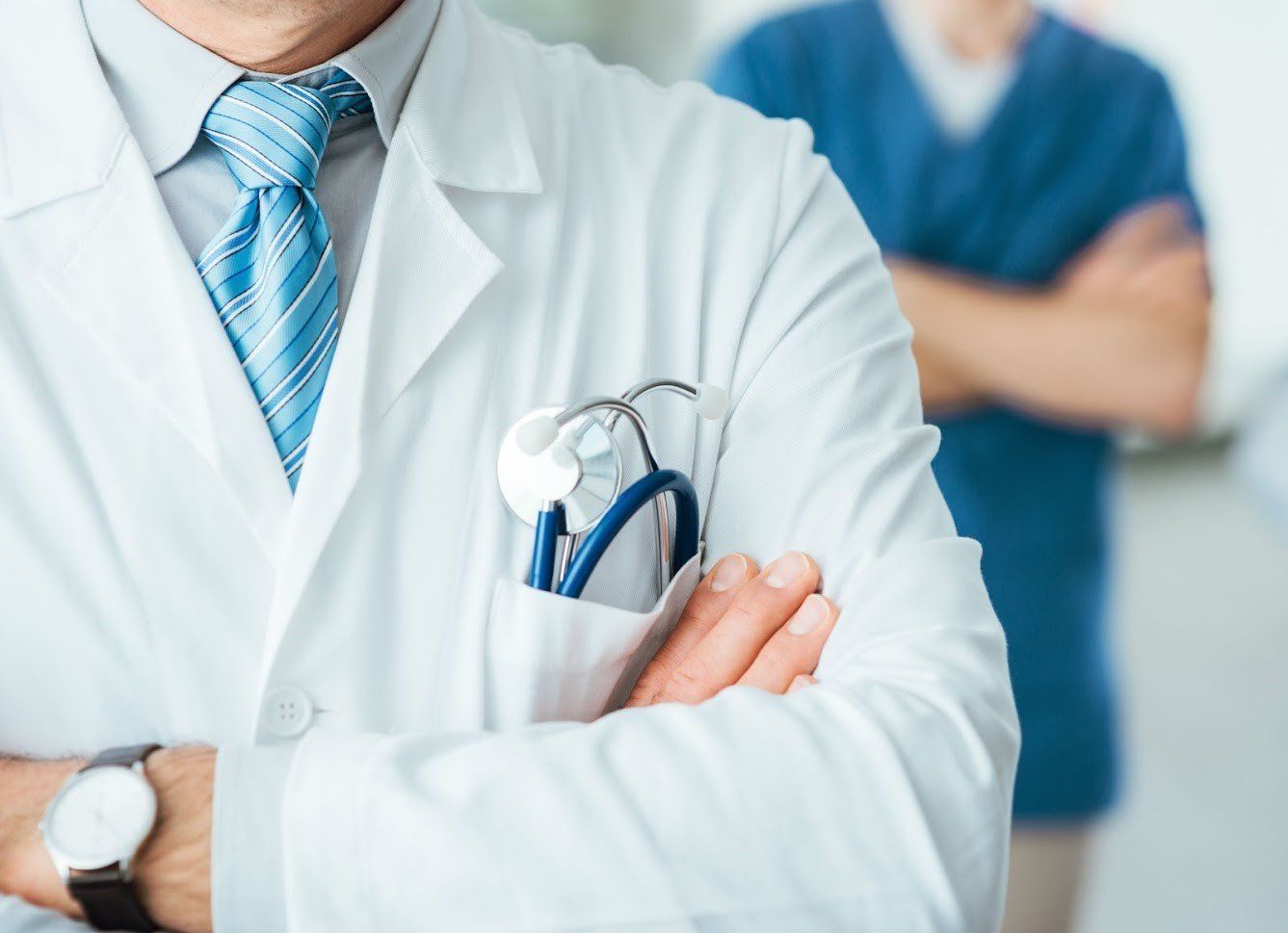
Cleft lip and cleft palate are congenital defects that affect a significant number of people. These conditions occur when lip tissues fail to fuse together during the development in the womb.
Fortunately, these orofacial clefts can be treated through surgical procedures, and most patients are discharged soon after the procedure. If your child has cleft palate or lip, you need to take them for treatment. You should also learn how to care for your child after the procedure.
Although most patients feel uncomfortable immediately after the surgery, post-operative care can help ease the healing process. Here is a post-operative care guide for cleft lip and palate operation.
Feeding Mechanisms
For a short while after the procedure, your child will be fed with an intravenous catheter provided at the hospital or a special cleft lip feeder. The feeder makes it easier for your child to eat without interfering with the operated lip.
The mouth will have stitches, and thus the kid should not suck food hard because it might affect the operated area. You can still give him or her breast milk or formula but through the feeder.
Your first doctor visit will be after seven to ten days after the operation. The surgeon will advise you on the foods you can add to the diet. Generally, you can add soft cereals, yogurt, ice cream, puddings, gelatins, custards, and pureed or mashed baby foods during the second week.
These foods can be fed through bottles or cups and spoons. However, the baby should not eat foods that need to be chewed. Later, after the second doctor visit, your child will be allowed to eat normal baby foods, depending on your baby's healing progress.
Mouth Care
Besides the strict observance of your child's diet, you should pay attention to mouth care. Since the operation is performed on the palate and lip, they might bleed or have fluids, such as mucous released from the nose, which is normal.
Let the fluids dry and fall off. During your first visit, the doctor will professionally clean the lip, so you don't have to worry about further infections.
For oral health, dip a soft pad in a mixture of a non-alcoholic based mouthwash and water and cleanse only the front teeth. You can also use water alone or give your kid drinking water as it will remove food particles. Don't use a toothbrush or any hard oral product.
Activities
Allow your kid to play around, but you should watch their activities. They should not have toys that may be dangerous. Give your child soft toys to play with and minimize risky activities until full recovery.
Pain Management
Your kid might feel pain in the first few days following the procedure, and thus you will have to administer medications to manage the pain. During discharge day, you will be given medication such as Lortab or Oxycodone.
The doctor might also prescribe over-the-counter medications such as ibuprofen for pain relief. Your kid will experience mild pains after a few days of treatment and can depend on over the counter (OTC) pain killers only.
Dress Code
Dress your child in clothes with buttons, those that don't pass over the head. You may scratch your child’s lip with the clothing, which is risky. Use buttoned tops and avoid dresses during this period.
Also, your kid must use the arm splints, given or recommended by the doctor, for a few weeks following the procedure. This ensures they don't put fingers on the lip.
Cleft lip and palate surgeries are among the most effective procedures that have transformed the oral and maxillofacial surgery field. But you need to observe these post-operation tips to improve the healing process.
Our surgical center uses the most advanced technological equipment, and we perform a wide range of surgeries. If you or your child requires oral or maxillofacial surgery, contact us
right away at San Diego Center for Oral & Maxillofacial Surgery.
